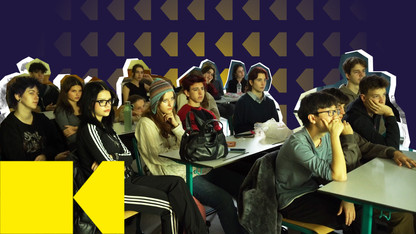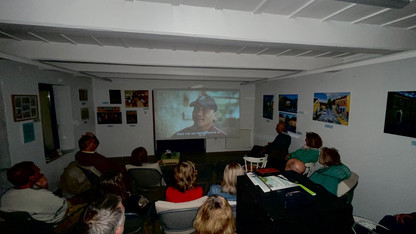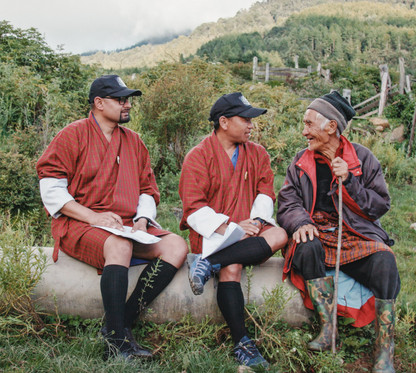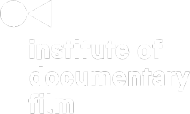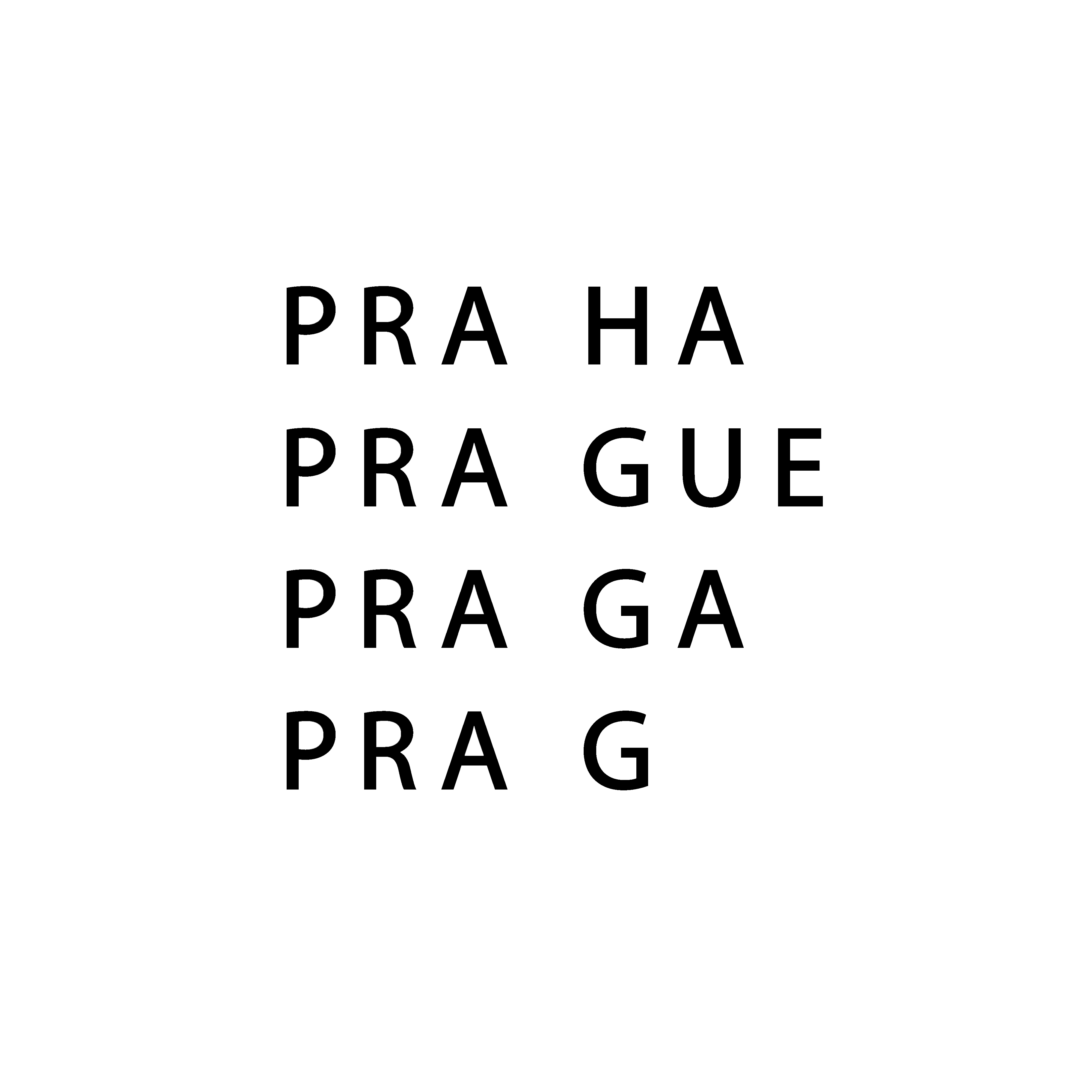How To Set Up a Screening Venue: Launch of the manual
We cordially invite you to the launch of our manual full of valuable advice and practical tips on how to organize film screenings in alternative venues. The event will take place on 27 March at 4:30 PM in Prague's Cinema 35, is English friendly and entrance and welcome drink are free. We look forward to seeing you!
13.03.2024
We interviewed dozens of cultural organizers in Czechia, Slovakia, Hungary, Croatia, Romania and Georgia and asked them to share their best practices in organizing events in alternative spaces such as cafés, galleries, libraries or even boats. In the online publication, you can learn more about topics we discussed such as building a community, tackling technical issues, dealing with legal matters, promoting and communicating effectively, reaching out to new audiences, and planning the supporting program.
We will start at 4:30 PM with a welcome drink and the launch, the event will also include a panel discussion on organizing community-driven cultural events, which will broaden the ideas delivered in the manual. You can look forward to Angelika Schuster (One World Film Clubs, Austria), Karla Melichnová (Promítej i ty!, Czechia), Rebecka Borgström (Doc Lounge, Sweden), Szabolcs Szirony (KineDok Hungary) and Magdalena Żelasko (LET'S CEE Film Festival, Austria). It will be moderated by Anna Herza Tydlitátová (Czech Radio).
After the launch, we will publish the manual here on our website, it will be available for free reading and PDF download in the languages of all our partner countries. The manual consists of ten chapters and is edited by film curator Hana Kulhánková.

The event is part of the East Doc Platform, the largest platform for acquiring international partners for co-production, financing and distribution of documentary projects in Central and Eastern Europe, organized by the Institute of Documentary Film in cooperation with the One World International Film Festival. During the evening, we will also screen a few short films (in Czech only) made by students under the guidance of eminent personalities in the Czech documentary film scene (Jan Látal, Kateř Tureček, Petr Salaba, Tereza Vejvodová and Tereza Reichová).
KineDok is an international community-driven distribution project of the Institute of Documentary Film. This project is supported by Creative Europe MEDIA, Czech Film Fund, Prague City Hall and Nemzeti Kulturális Alap. The project is also financed by the EU through the National Recovery Plan and the Ministry of Culture.

We live the documentary film, be there with us.
Start each month with a fresh dose of information. Subscribe to the newsletter.
I hereby consent to the processing of the personal data.


